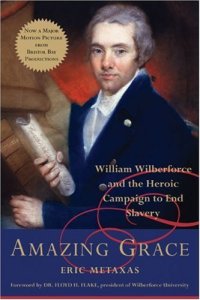Book: McPhee, John. Assembling California. New York: Farrar, Straus, Giroux, 1993. 
Point: The world is in motion – hold on.
Path: In his typical road trip fashion, McPhee leads the reader through the California landscape and history. Pausing to consider the gold rush and earthquakes, he demonstrates that plates are shifting, mountains are growing, seas are moving, and the ground is on the move.
Sources: Geologists, rock samples, ghost towns, newspaper clippings, personal interviews, and just walking the trail.
Agreement: I appreciate how McPhee reminds me that we do not live on a sedentary planet. Shifting, stretching, creaking, and bursting, this earth is changing.
Disagreement: I believe in a modified continuation principle. This universe has been assigned specific laws which operate consistently. These laws have always operated, and operate consistently. One would postulate that given these specific laws, we could reconstruct what has happened in the past based on what is happening in the present. However, the past has not always operated in a uniform manner. Disasters happen and change everything.
Personal App: Thank God that he is in control.
Favorite Quote: “Nature is messy. Don’t expect it to be uniform and consistent” (Moores, 24).
“I remarked that geologists are like dermatologists: they study, for the most part, the outermost two percent of the earth. They crawl around like fleas on the world’s tough hide, exploring every wrinkle and crease, and try to figure out what makes the animal move” (36).
“People look upon the natural world as if all motions of the past had set the stage for us and were now frozen” (Moores, 278).
Stars: 3 out of 5
Recommended to me by a geologist, read it if you want to step into that boiling basin.
If this review was helpful, let me know here.









